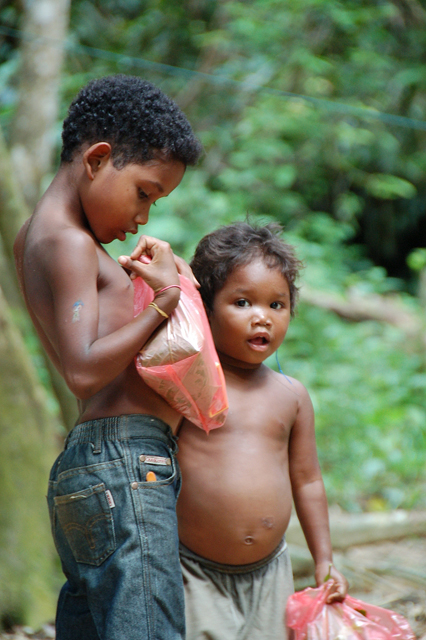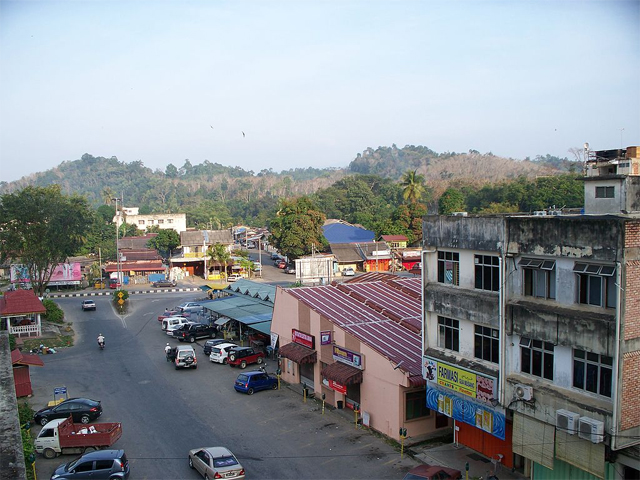Since the mystery illness that affected the Batek village of Kuala Koh was finally diagnosed as a measles epidemic several weeks ago, the flood of news stories in the Malaysian press has slowed to a trickle. A few of them provide helpful updates and useful insights, however.

On June 24, the New Straits Times published an incisive opinion piece by Alberto Gomes, an anthropologist who has done field research among the Orang Asli societies of Malaysia since 1975. Gomes makes it clear that the Batek and the other original people, the Orang Asli, have a lot to offer to humanity. “Perhaps, we should learn from them on how to live wisely within nature’s limits and relate non-violently and peacefully with each other,” he writes.
While the cause of the mystery illness was diagnosed by the Malaysian health authorities, the underlying disease, Gomes argues, is the structural violence that they suffer from—poverty, racism, discrimination, and oppression from elements in the government and the economic system in general. In contrast to the growth-at-any-cost capitalist system, the Orang Asli, exemplified by the Batek, treasure the forests, rivers, and living in harmony with nature and one another.

On June 27, the Malay Mail reported that 72 Batek infected with measles were being temporarily cared for at a relief center in Gua Musang, a town fairly near Kuala Koh. Hizani Ibrahim, an officer for the District Social Welfare Department, told the news service that the Batek were not going to be permitted to have visitors or to return to their community until they were completely clear of the disease.
The number of people housed in the facility would likely grow to over 100 as individuals with the disease were moved into it from other facilities such as the local hospital. An additional 112 Batek were receiving treatments in other clinics in the area that the article named. Hizani estimated that it might take up to 21 days for the people housed at the facility in Gua Musang to fully recover. He added that the Batek in that town have received a lot of charitable contributions from people who are concerned about them.
On July 2, another news source reported that the Batek in Kuala Koh who had not gotten ill were being vaccinated for measles. Hashim Alang Abdul Hamid, Director of the Kelantan/Terengganu Orang Asli Development Department, said that 204 people from Kuala Koh and the nearby community of Kampung Aring 5 had been vaccinated so far. Health authorities are delaying the vaccinations for pregnant women and for those who already show symptoms of the disease. He told the press that there have been no problems during the vaccination program. “Everyone has given their full cooperation,” he said.

And finally, the Malay Mail reported on July 3 that Ramli Mohd Nor, the first Orang Asli elected as an MP in Malaysia, has weighed in about the deaths of the Batek. The Semai lawmaker from the Cameron Highlands urged the government to have a coroner conduct an inquest to verify the causes of death. The deputy home minister replied that the government was still awaiting the official pathology report. Once that is received, the government would consider what to do next and it might want to conduct the inquest that Ramli suggested.